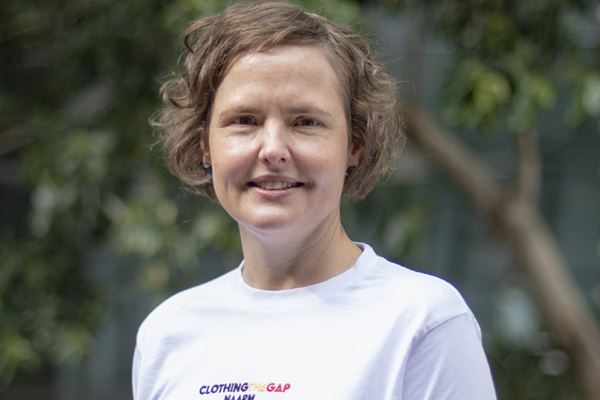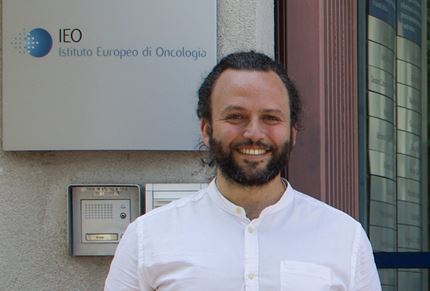Precision vaccines and the potential for better immunotherapies
Project aim
Dr Joanna Groom and her team are studying a specific type of immune cell that could play an important role in immunotherapy. This new knowledge may form the foundation of precision vaccines for melanoma.
Hope for the future
Immunotherapy has revolutionised treatment approaches for many types of cancer, including melanoma. However, many patients do not get any long-term benefit from this new treatment type.
Dr Groom and her colleagues are going to test the effect of a new mRNA vaccine that treats melanoma by giving a type of immune cell a special anti-tumour ability. The researchers will test how this type of vaccine could be used to treat melanoma, and the specific way it impacts on this aggressive type of skin cancer, in the lab. They also want to test if the vaccine could work in combination with immunotherapy to boost its effect.

Meet the scientist
Dr Groom has always been fascinated with how things work and why - her first science experiments were in the kitchen growing up, where she would test how different types of flour impacted on the rise, crust, and texture of the cakes she would make. Today, she loves the thrill of revealing something new in the lab. Dr Groom also says she gets so much job from working with her team, developing ideas together, and seeing her team members developing their skills as scientists.
The science
A type of immunotherapy, called checkpoint blockade therapy, works by reinvigorating how cells respond to cancer. However, as around half of patients do not show long-lasting benefit, there is a clear need to understand how existing therapies could be enhanced to help more patients.
Recent research has revealed how specific immune cells, called stem-like memory T cells, could be essential in the effect of checkpoint blockade therapy – they seem to drive a burst of activity when this therapy is used. Harnessing these cells, either on their own or in combination with other treatments, could be an exciting route to more effective treatments for patients.
Dr Groom and her team are investigating the potential of using a vaccine that targets the stem-like memory T cells, specifically against melanoma. By using techniques already established in the lab, the team hope to understand the activity of the T cells better, which will form the foundation of efforts to make vaccines in the future.
Research funding in Australia is limited and unfortunately many exciting projects go unfunded. Finding new international opportunities for us to continue our work is essential. We were so excited when we received this funding!Dr Joanna Groom
Become a Curestarter and help us fund the next pioneering research project.
Our research projects wouldn’t be possible without the funds we receive from people like you. £37 pays for an hour of research and every hour brings us closer to new cures
Support us




